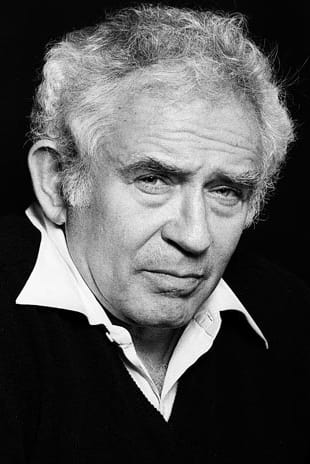

From Brooklyn beginnings to literary pantheon, Norman Mailer's unorthodox trajectory spans marriages, offspring, and accolades. An unprecedented glimpse into the preeminent 20th-century author's private and public worlds through intimate biography.
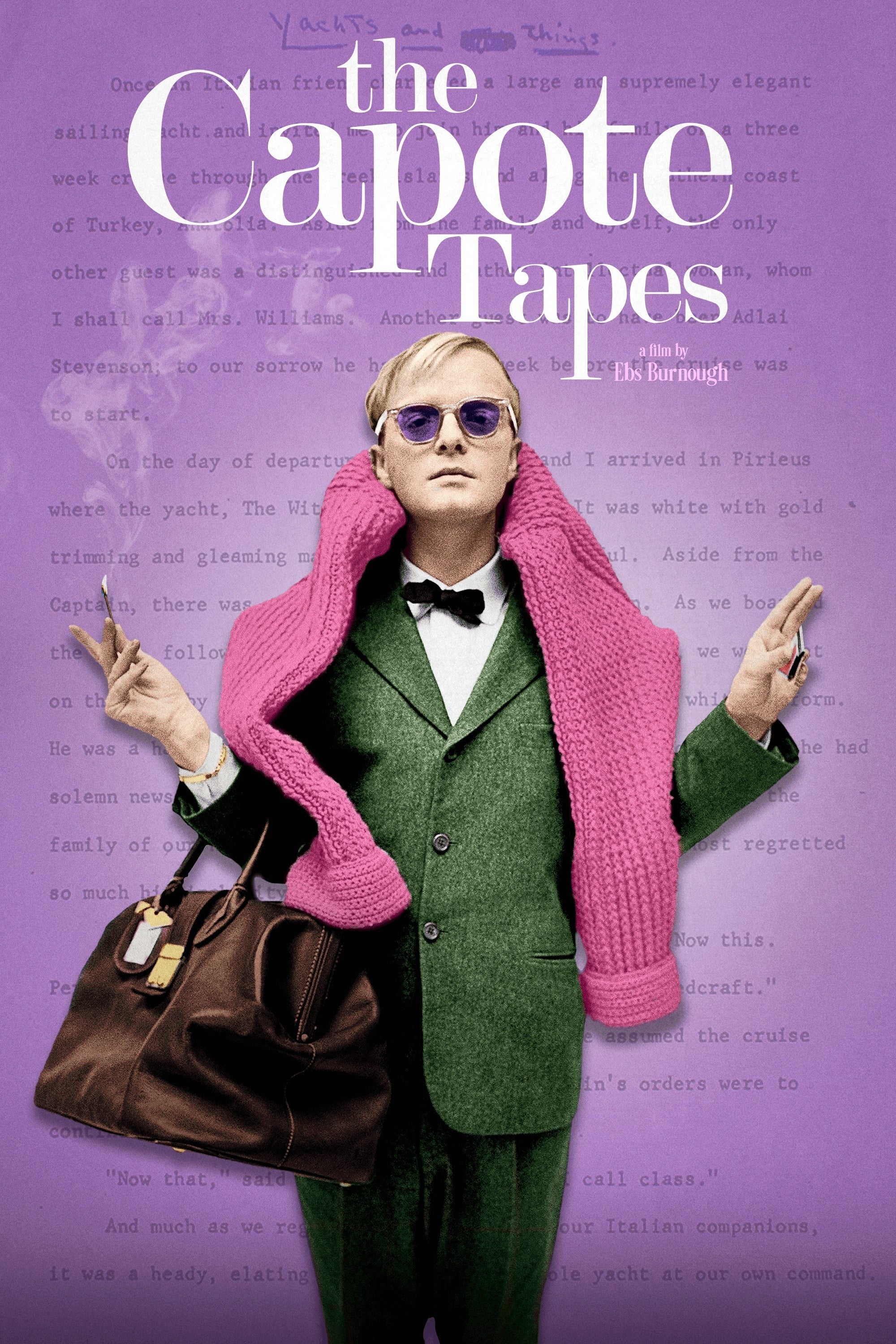
A portrait of the brilliant American writer Truman Capote (1924-84) and the New York high society of his time.
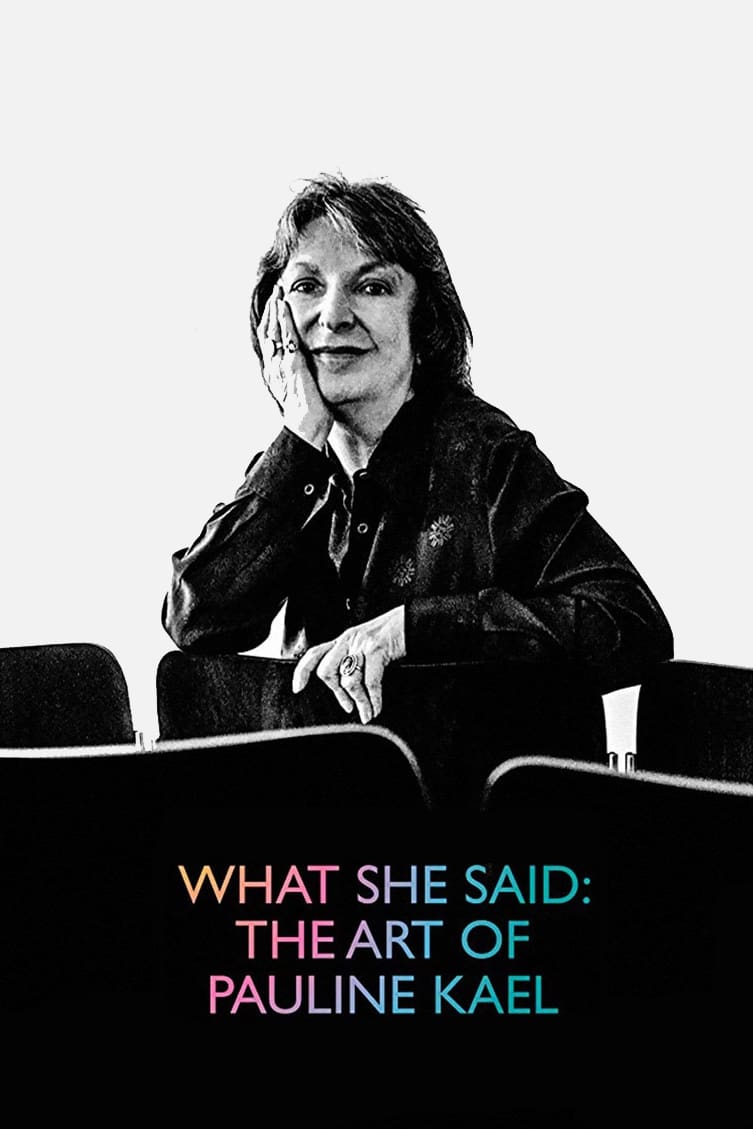
Pauline Kael (1919–2001) was undoubtedly one of the greatest names in film criticism. A Californian native, she wrote her first review in 1953 and joined ‘The New Yorker’ in 1968. Praised for her highly opinionated and feisty writing style and criticised for her subjective and sometimes ruthless reviews, Kael’s writing was refreshingly and intensely rooted in her experience of watching a film as a member of the audience. Loved and hated in equal measure – loved by other critics for whom she was immensely influential, and hated by filmmakers whose films she trashed - Kael destroyed films that have since become classics such as The Sound of Music and raved about others such as Bonnie and Clyde. She was also aware of the perennial difficulties for women working in the movies and in film criticism, and fiercely fought sexism, both in her reviews and in her media appearances.

This exhibition focuses on Jonas Mekas’ 365 Day Project, a succession of films and videos in calendar form. Every day as of January 1st, 2007 and for an entire year, as indicated in the title, a large public (the artist's friends, as well as unknowns) were invited to view a diary of short films of various lengths (from one to twenty minutes) on the Internet. A movie was posted each day, adding to the previously posted pieces, resulting altogether in nearly thirty-eight hours of moving images.
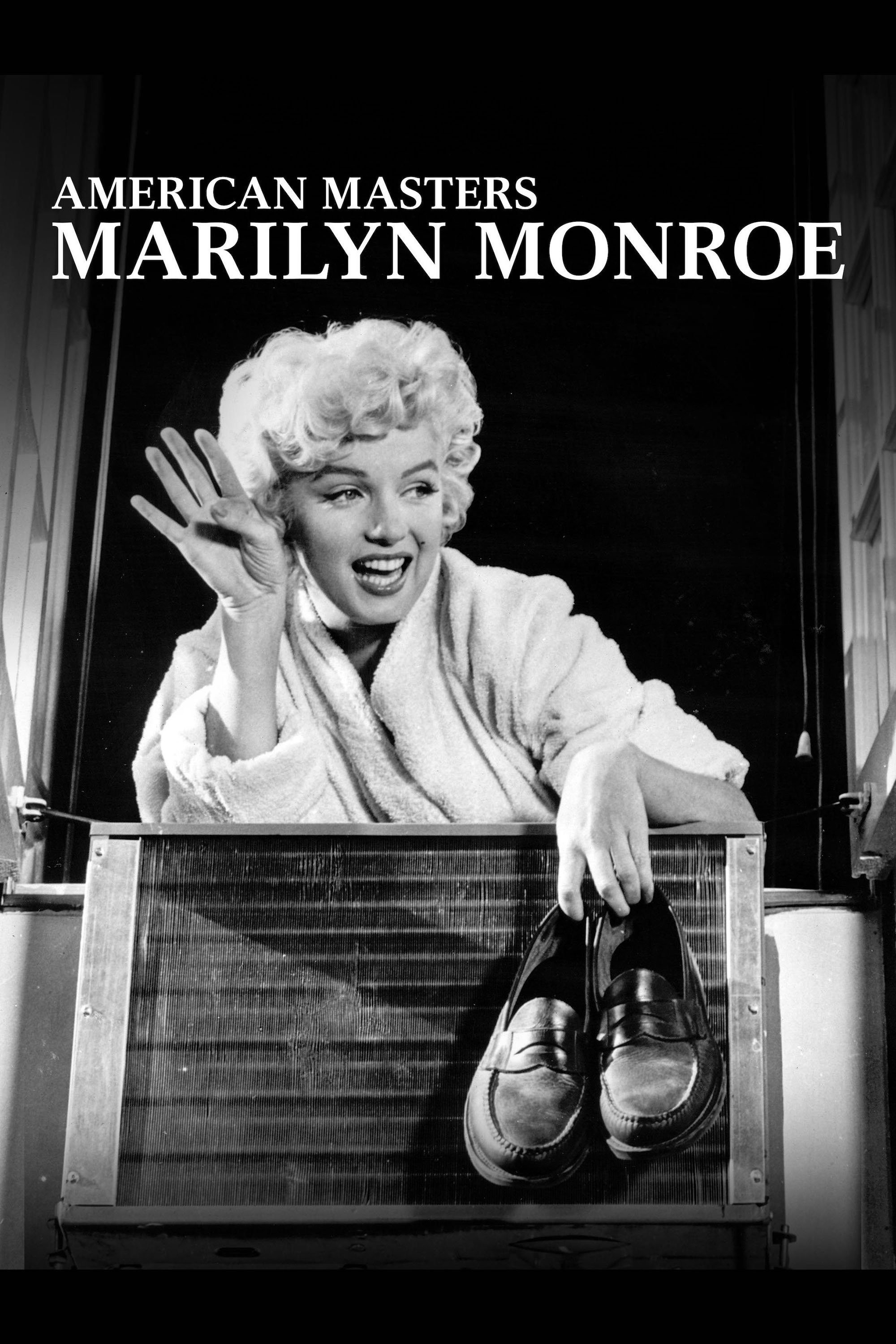
Survey Marilyn Monroe’s life through photographs, from Hollywood stills to candid pictures snapped on the streets of New York.
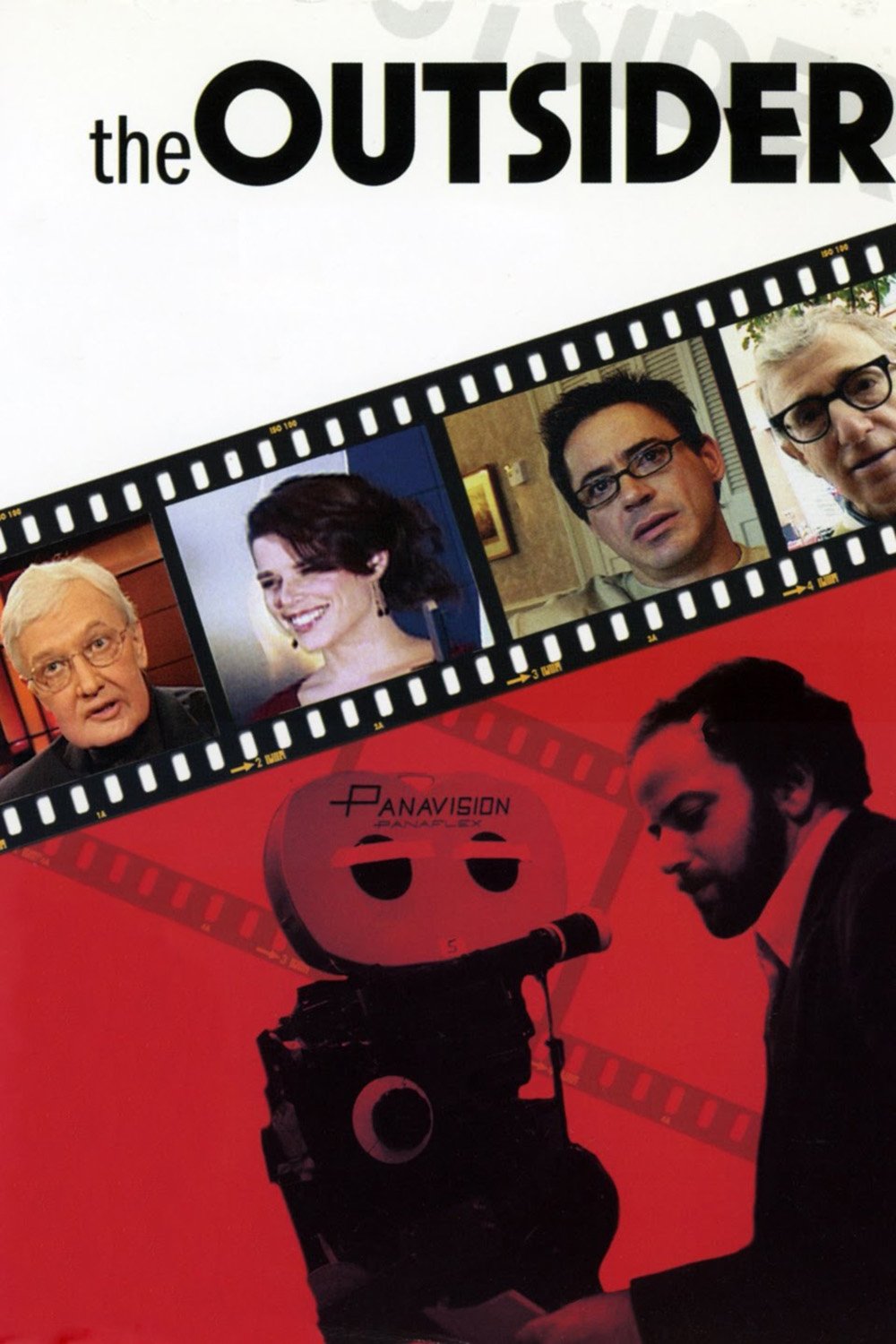
Nicholas Jarecki follows director James Toback on the 12-day shoot of his thriller, When Will I Be Loved -- a movie made without a script or distribution deal.
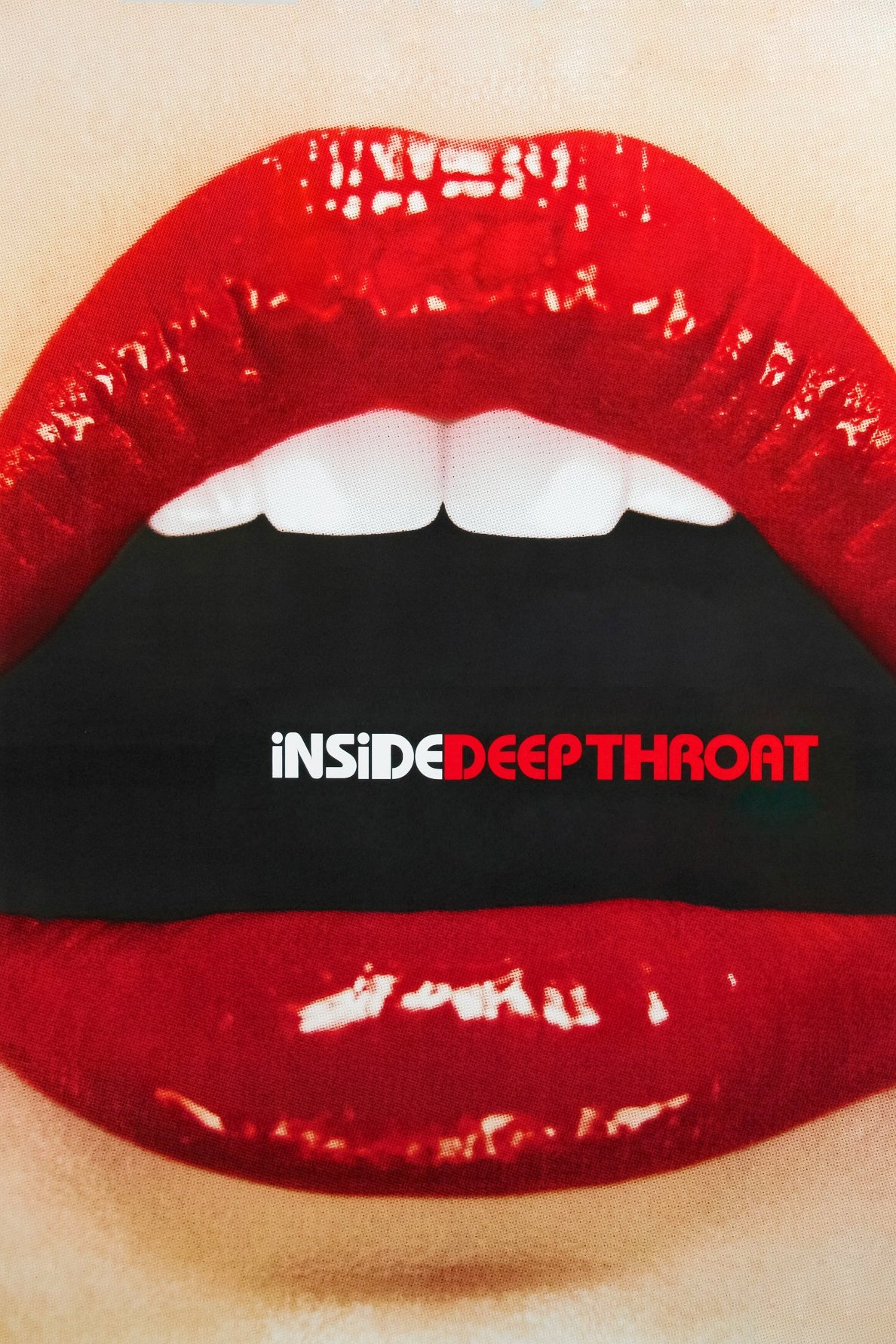
In 1972, a seemingly typical shoestring budget pornographic film was made in a Florida hotel: "Deep Throat," starring Linda Lovelace. This film would surpass the wildest expectation of everyone involved to become one of the most successful independent films of all time. It caught the public imagination which met the spirit of the times, even as the self-appointed guardians of public morality struggled to suppress it, and created, for a brief moment, a possible future where sexuality in film had a bold artistic potential. This film covers the story of the making of this controversial film, its stunning success, its hysterical opposition along with its dark side of mob influence and allegations of the on set mistreatment of the film's star.
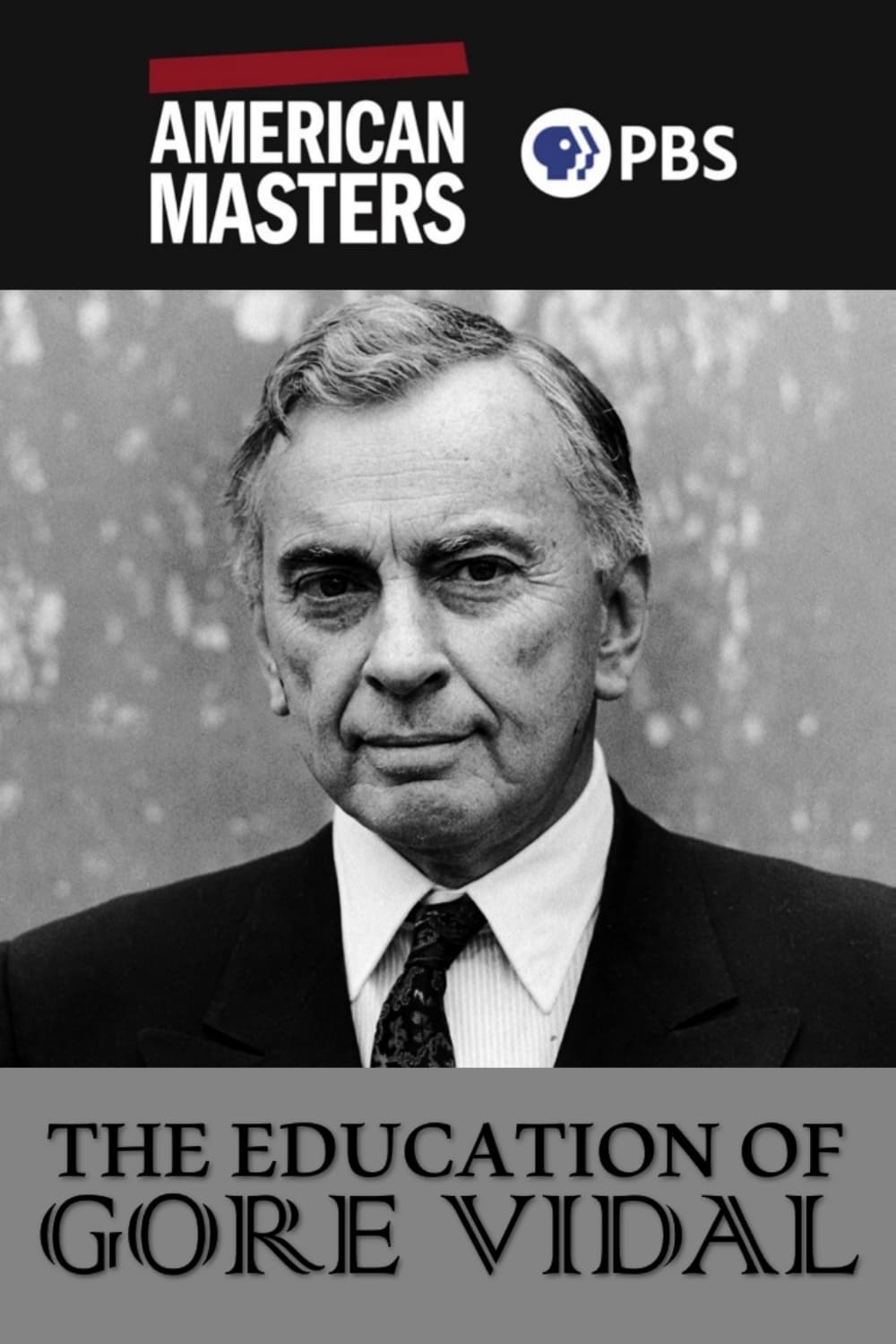
A contrarian and wickedly funny man, this PBS American Masters special explores Gore Vidal's extraordinary life and work, joining him at his cliff-side villa in Ravello, Italy.
A documentary about the film, I am Curious-Yellow (1967), and how it made it into the USA and changed film in USA forever by breaking the USA Obscenity Codes.
Norman Mailer profiles life in America since the Second World War. Farewell to the Fifties. Mailer fought for his country in the Second World War- an experience that inspired his novel The Naked and the Dead. But, disappointed by post-war America, he grew to despise the fifties.
Norman Kingsley Mailer (January 31, 1923 – November 10, 2007) was an American novelist, journalist, essayist, playwright, activist, filmmaker and actor. In a career spanning over six decades, Mailer had 11 best-selling books, at least one in each of the seven decades after World War II—more than any other post-war American writer. His novel The Naked and the Dead was published in 1948 and brought him early renown. His 1968 nonfiction novel Armies of the Night won the Pulitzer Prize for non-fiction as well as the National Book Award. His best-known work is widely considered to be The Executioner's Song, the 1979 winner of the Pulitzer Prize for fiction. Mailer is considered an innovator of "creative non-fiction" or "New Journalism", along with Truman Capote, Joan Didion, Hunter S. Thompson, and Tom Wolfe, a genre which uses the style and devices of literary fiction in factual journalism. He was a cultural commentator and critic, expressing his views through his novels, journalism, frequent press appearances and essays, the most famous and reprinted of which is "The White Negro". In 1955, he and three others founded The Village Voice, an arts and politics-oriented weekly newspaper distributed in Greenwich Village. In 1960, Mailer was convicted of assault and served a three-year probation after he stabbed his wife Adele Morales with a penknife, nearly killing her. In 1969, he ran an unsuccessful campaign to become the mayor of New York. Mailer was married six times and had nine children. Description above from the Wikipedia article Norman Mailer, licensed under CC-BY-SA, full list of contributors on Wikipedia.
By browsing this website, you accept our cookies policy.